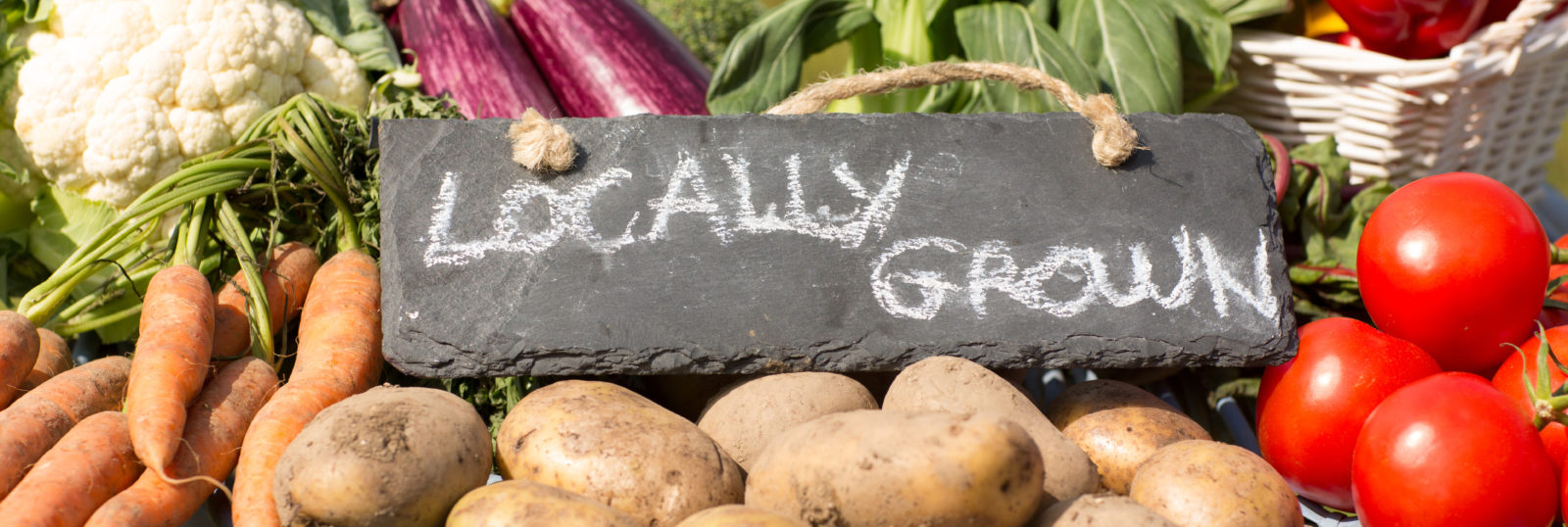The warmer weather and the blossoming flowers signal the impending return of farmer's markets—the summertime weekly gatherings where local farmers sell fruit, vegetables, and, often, meat, cheese, and baked goods, directly to consumers.
In 1994 there were 1,755 famer's markets and in 2014 there were 8,284 according to the USDA. The number of farmer's markets in the United States is steadily climbing, along with their collective impact on communities across the country. More than just a shopping trip, markets have become integral parts of regional food systems, economies, and social networks. Markets offer a place to connect with neighbors, meet local farmers, support local small businesses, and provide nutritious food to neighborhoods.
Your neighborhood farmer's market gives you direct access to fresh, locally grown foods, harvested at the peak of their growing season. The food is typically grown (or raised) near where you live, not thousands of miles away, and is usually organic and/or grown with sustainable practices, and not the result of a "factory farm." Food that has to travel long distances is generally bred for longer shelf life, not for taste. Less-traveled food is not only fresher, but, since it requires less packing materials and emits less carbon dioxide during its (short) journey to you, it leaves a smaller environmental footprint.
Besides the tasty perks of getting your summer produce down the street instead of at the chain supermarket, consider these other benefits:
Trying Something New
Farmer's markets feature what's at the peak of season in your region, so you not only find your favorites come due (Jersey tomatoes, anyone?), but you can also find new items that will stretch your culinary imagination. Have you ever tasted gooseberries, kohlrabi, or rhubarb? Farmer's markets offer lesser-known fruits and vegetables that can be both tasty and nutritious. If you're clueless about what to possibly do with, say, a dragon tongue bean, chat up the farmers selling it to you—they usually love to impart their lessons learned. You may even discover some new favorites!
Bring the Kids
Farmer's markets are kid-friendly. Let your kids pick out something new to try. Then let them help prepare a meal or snack based on what caught their eye.
Enjoy the Rainbow
A great way to eat healthy is to put a spectrum of colorful fruits and vegetables on your plate. The colors represent the range of great nutrients, including antioxidants and phytonutrients, which constitute a truly healthful diet.
Strengthen Communities
Meet your local farmers, learn about foods grown in your area, and catch up with friends and neighbors while stocking up on local goods. Farmer's markets can be important anchors for vibrant communities.
Find a Farmer's Market Near You!

